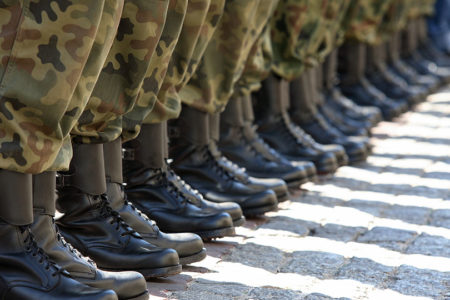Eye on the Middle East Nov/Dec 1999/2000
Israeli lifeAn Israeli politician once told me that Prime Minister Ehud Barak is “Bibi compatible.” That is to say that Barak, who spent the major portion of his life in the military and is the nation’s most highly decorated soldier, shares the same fundamental concerns for national security as his predecessor, Benjamin Netanyahu. As things have turned out, the Syrians seem to agree. The Syrian media have recently stepped up their attacks on Israel in general and on Barak in particular. Central to their criticism is the perception that Barak is the direct successor to the previous government and, therefore, “an enemy of peace.”
While denouncing Israeli activity in Lebanon, the semi-official newspaper Tishrin offered an opinion: “The person who is giving orders to intensify the aggressive operations is not interested in peace, and his talk of peace is designed solely to delude public opinion in Israel and the world.” While one cannot say that either Netanyahu or Barak would be particularly happy to be compared to each other, it is clear that the Syrians, for one, think the resemblance is much too strong.
They have finally arrived at the realization that they are not going to get all that they may have expected from the current prime minister. Syria’s President Hafez al-Assad has always held out the hope that he could pressure Israel into dealing for peace on his terms. His terms demand that Israel return the Golan—every square inch—before discussions begin. But to Assad’s dismay, Israelis are saying, “We want peace with Syria, yes, but it will not be based upon the surrender of our security. Let’s talk about the nature of what the peace will be,” they say, “then we’ll talk about how much we are willing to relinquish.”







